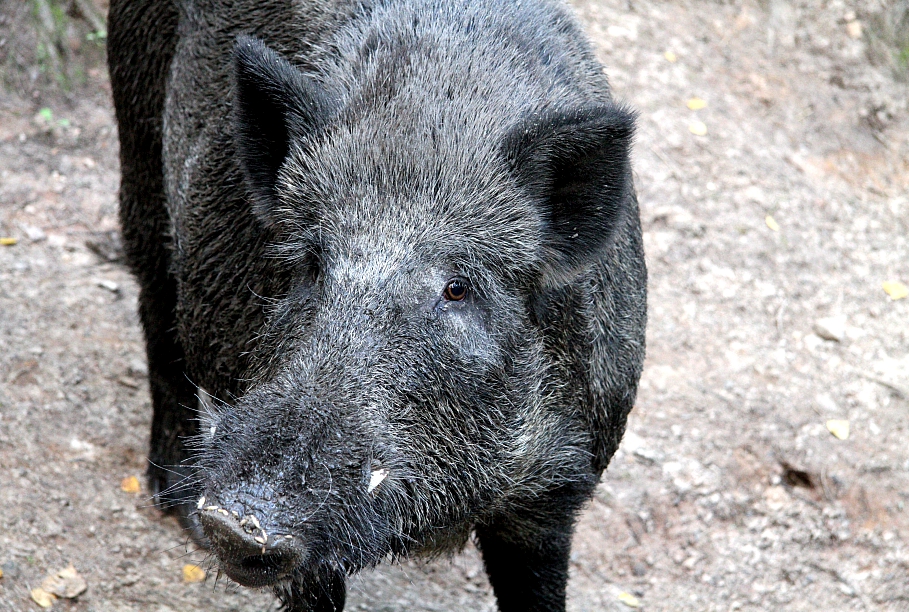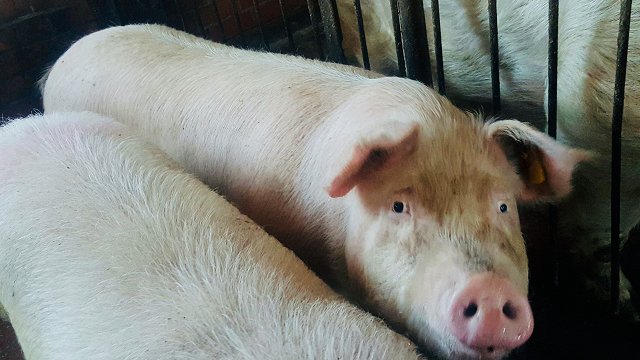The largest amount of infected wild boars or three were found in Indrani county, Dzelzava county and Salnava county in eastern Latvia. Another eight counties in eastern Latvia had one or two new cases of African swine fever each.
So far this year African swine fever has been found in 1,005 wild boars in 50 regions and 181 counties in Latvia. The disease has also been found in 212 domestic pigs this year. The total number of confirmed ASF cases among wild boars in Latvia since June 2014 is 1,222.
The last time a domestic pig tested positive for ASF in Latvia was on September 9 this year and the spread of the disease among domestic pigs now has slowed down compared to wild boars.
Recently legislative amendments were introduced to allow hunting wild boar in territories where it wasn't previously.
The European Commission expects the EU wild boar population to be reduced to 0.5 animals per square kilometer. The measures will offset risks to hunting resources, the swine farming industry and fodder transportation.
Hunters are being paid for each sow they kill. The figure is €100 for every wild boar sow, and in the week after the payment was instated more than 100 hunted animals have been presented for the reward to the Food and Veterinary Service.
African swine fever is an extremely dangerous and contagious virus infection affecting pigs. If an infected pig is found in a farm, all pigs in the particular farm have to be culled, which means big losses for farmers.



























